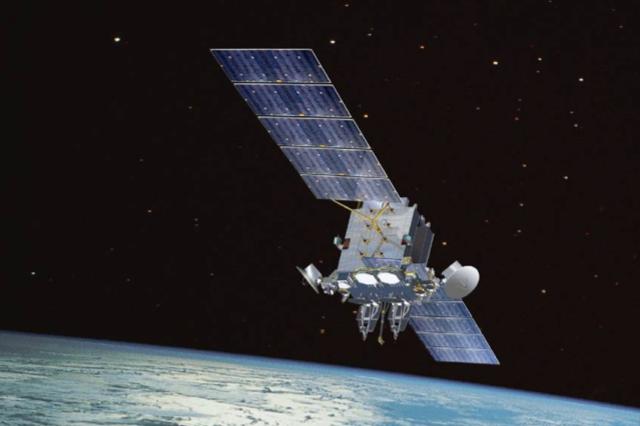Facebook has officially made it into public as company recently declared that its satellite-based internet project, ‘Athena’ is under development by its subsidiary PointView Tech.
In May, Federal Communications Commission (FCC) has also revealed that social media giant was covertly planning to launch its own internet satellite. However, at that time, Facebook remained silent about the project but now company breaks the news.
Facebook told CNET and Wired, “While we have nothing to share about specific projects at this time, we believe satellite technology will be an important enabler of the next generation of broadband infrastructure, making it possible to bring broadband connectivity to rural regions where internet connectivity is lacking or non-existent.”
Currently, not much has been shared regarding the project by the company but according to the emails obtained from the FCC by Wired, social media giant looks quite keen to pass the internet all across world. According to the details, the Athena could possibly be launched in early 2019.
Furthermore, it is expected that the new project by Facebook is to offer 10 times faster broadband connectivity than satellites from its competitors SpaceX and OneWeb.
Must Read: TECNO – The Top Emerging Smartphone Brand in Pakistan
On the other hand, these two tech firms have parallel plans as SpaceX targets to toss 12,000 of its internet satellites – Starlinks to the low Earth orbit (LEO). While the objective of OneWeb to offer global broadband coverage via 2,500 internet satellites. Not to know, OneWeb is backed by SoftBank, Qualcomm and Virgin Group.
Previously, Facebook closed its project of solar-powered internet providing drones and decided to stop manufacturing its own aircraft and focusing on developing a high altitude platform in cooperation with Airbus.
Well, now we have to wait a bit to see how the Facebook competes with its competitors. Moreover, what will the value addition of Athena to the worldwide internet access?
What’s your opinion about the ability of Athena? Let us know down in the comments. Do you think it can substitute or replace the existing satellite system with its power? Let us know in comments.




